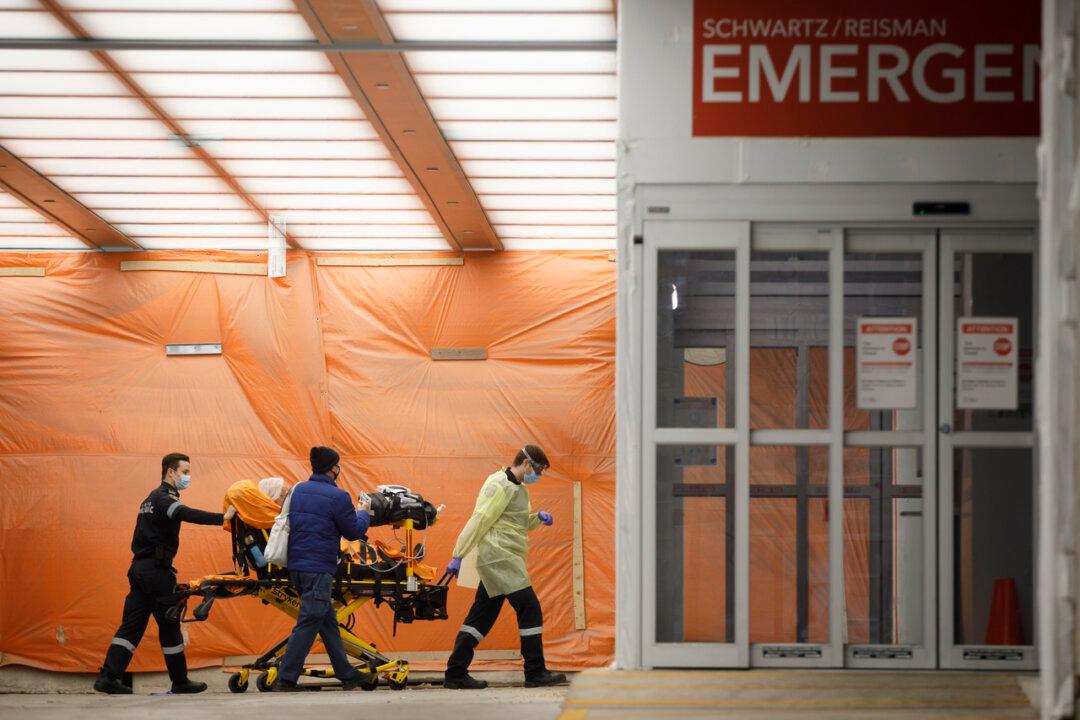Many surgeries were postponed to preserve health-care capacity during the COVID-19 pandemic, yet these measures may have resulted in shorter survival rates for cancer patients, a new study shows.
 Published March 21 in the Canadian Medical Association Journal, the study evaluates the long-term consequences of pandemic-related cancer surgery slowdowns on cancer survival in Ontario.
Published March 21 in the Canadian Medical Association Journal, the study evaluates the long-term consequences of pandemic-related cancer surgery slowdowns on cancer survival in Ontario.




